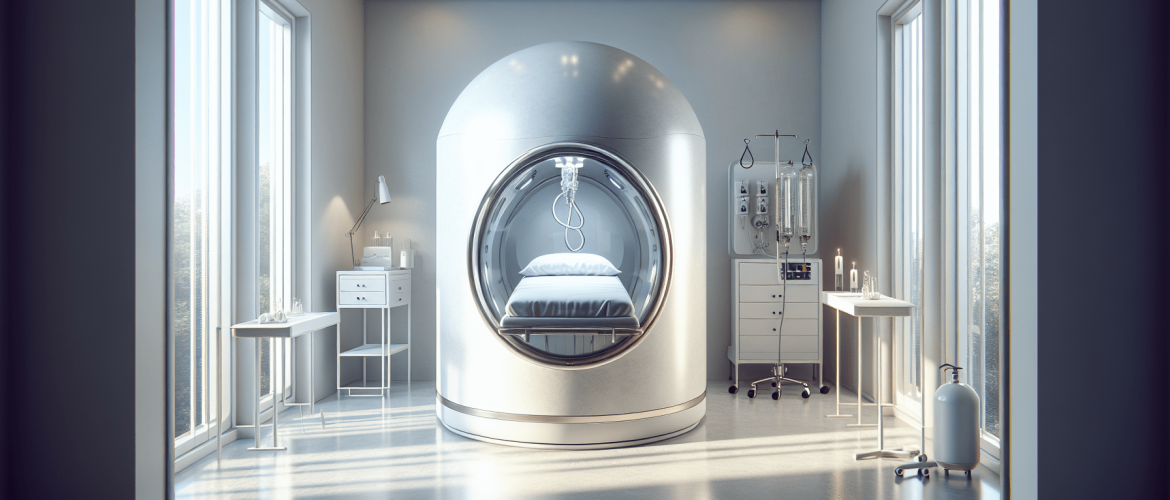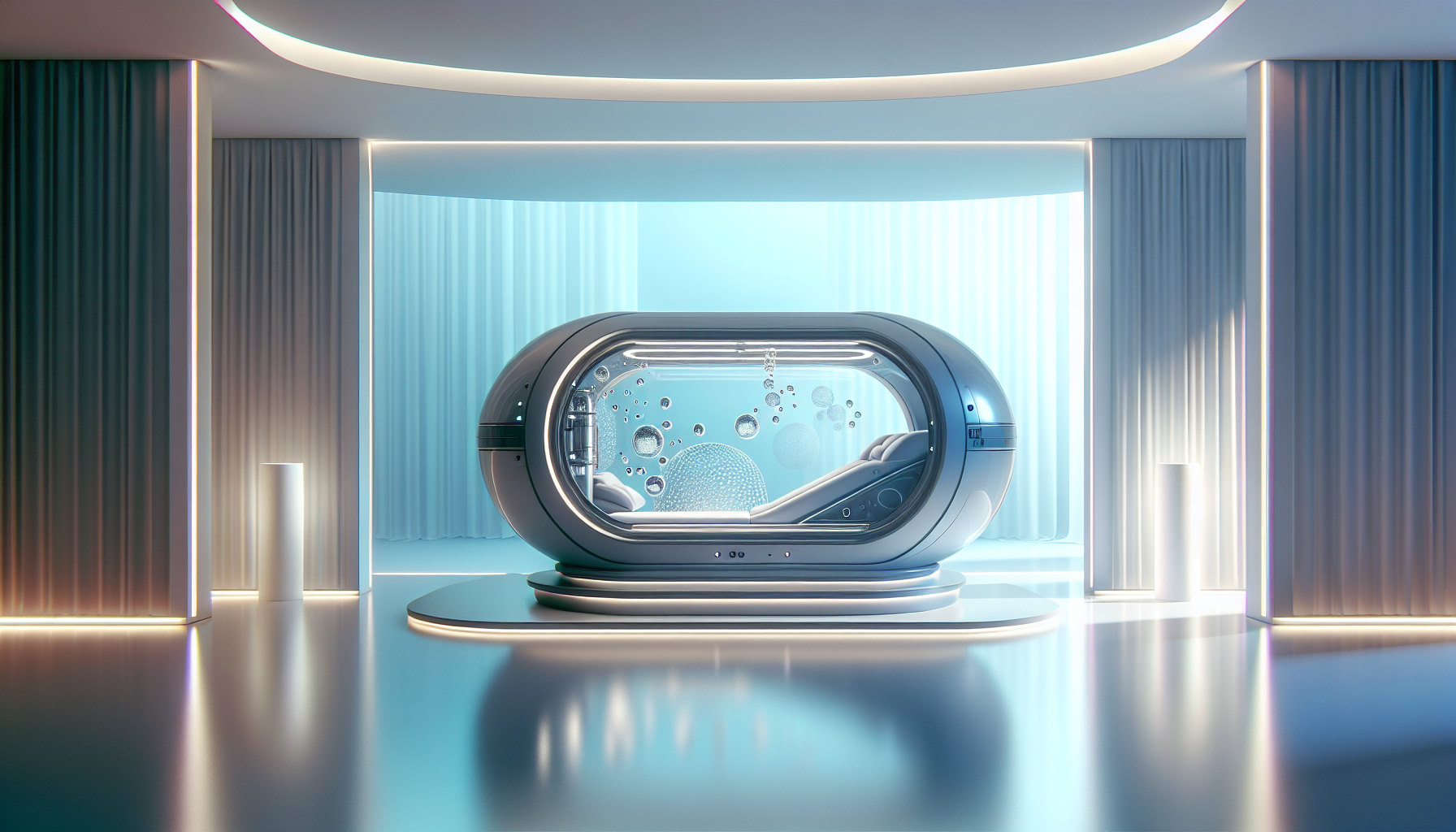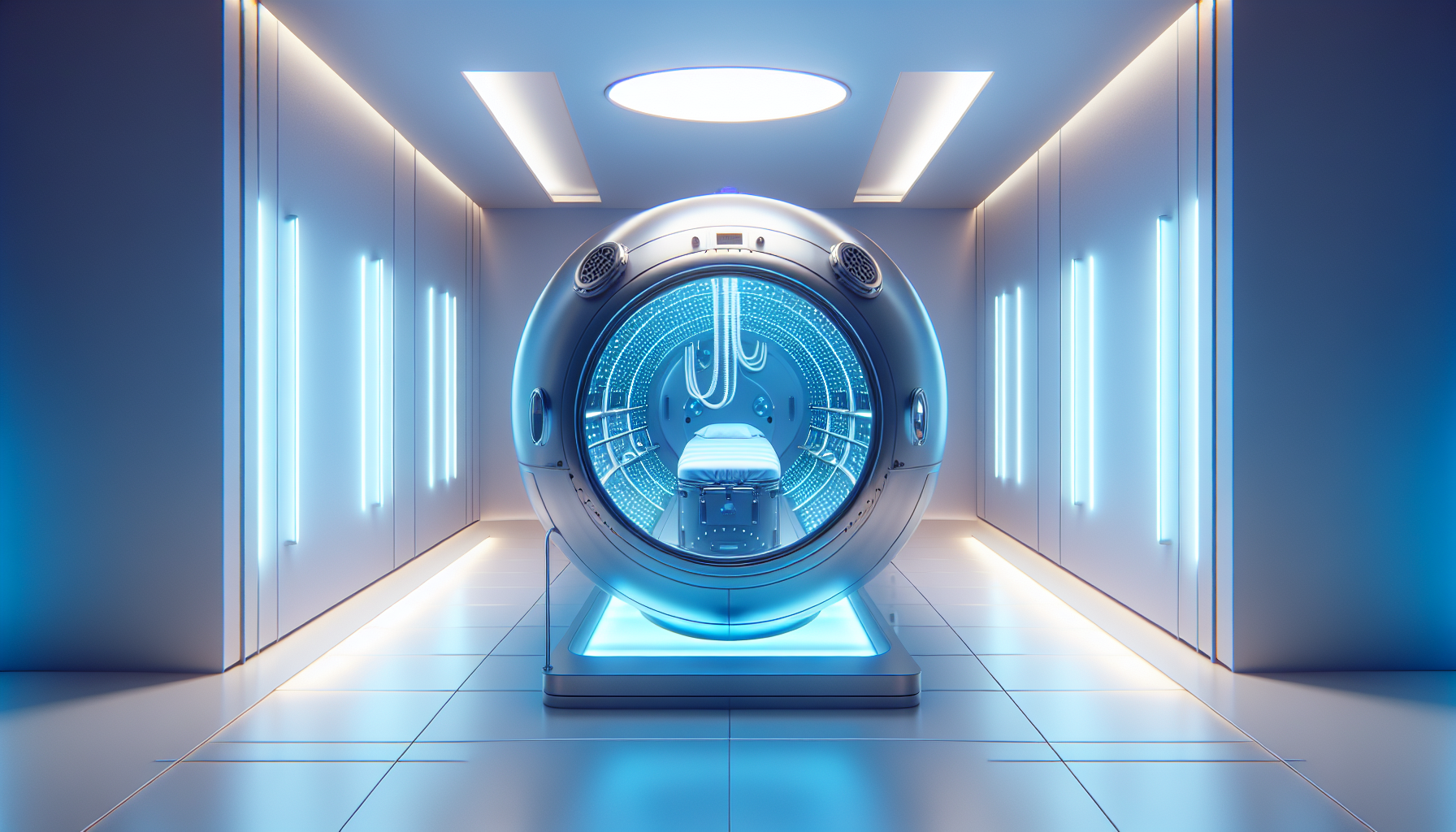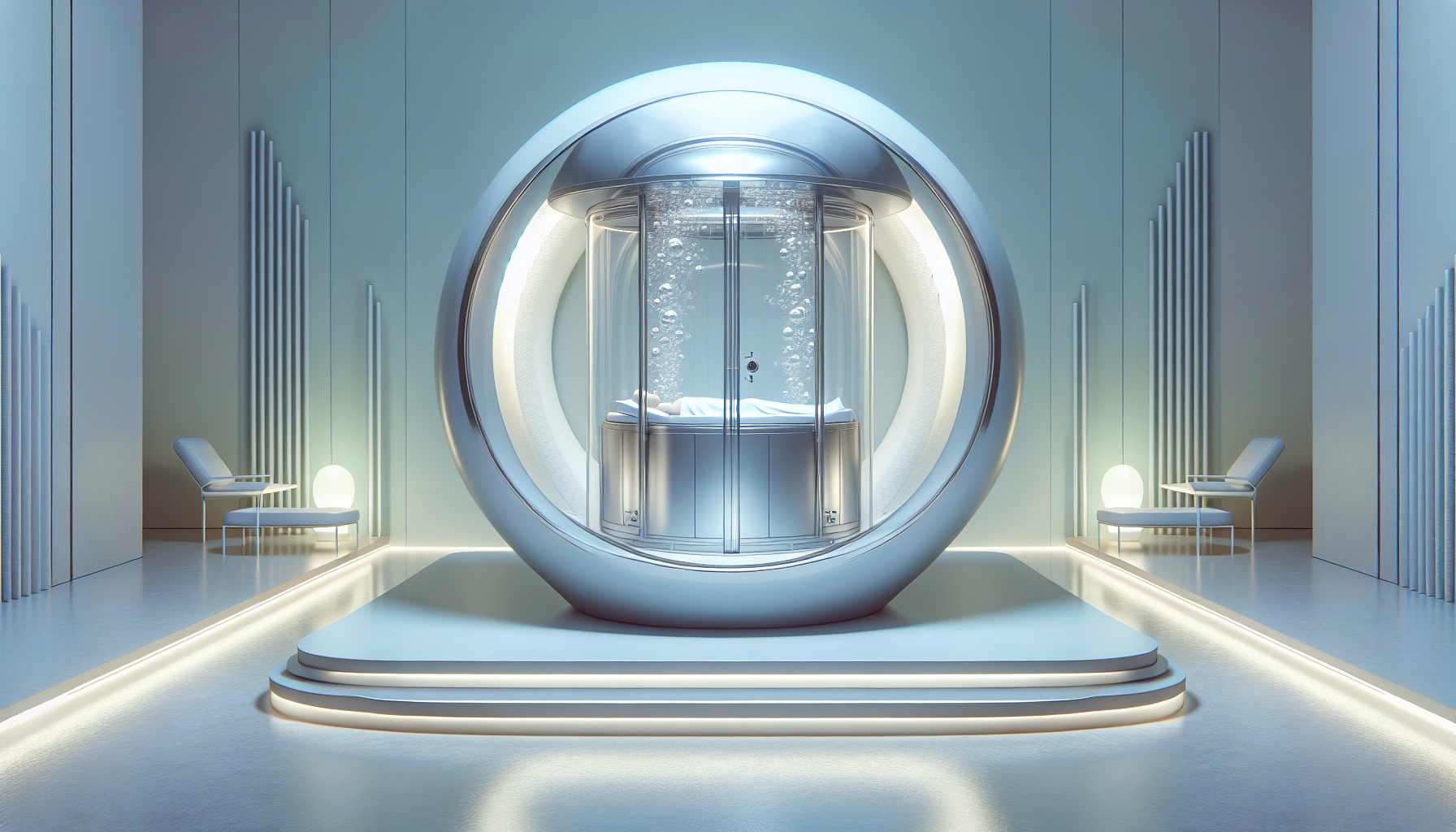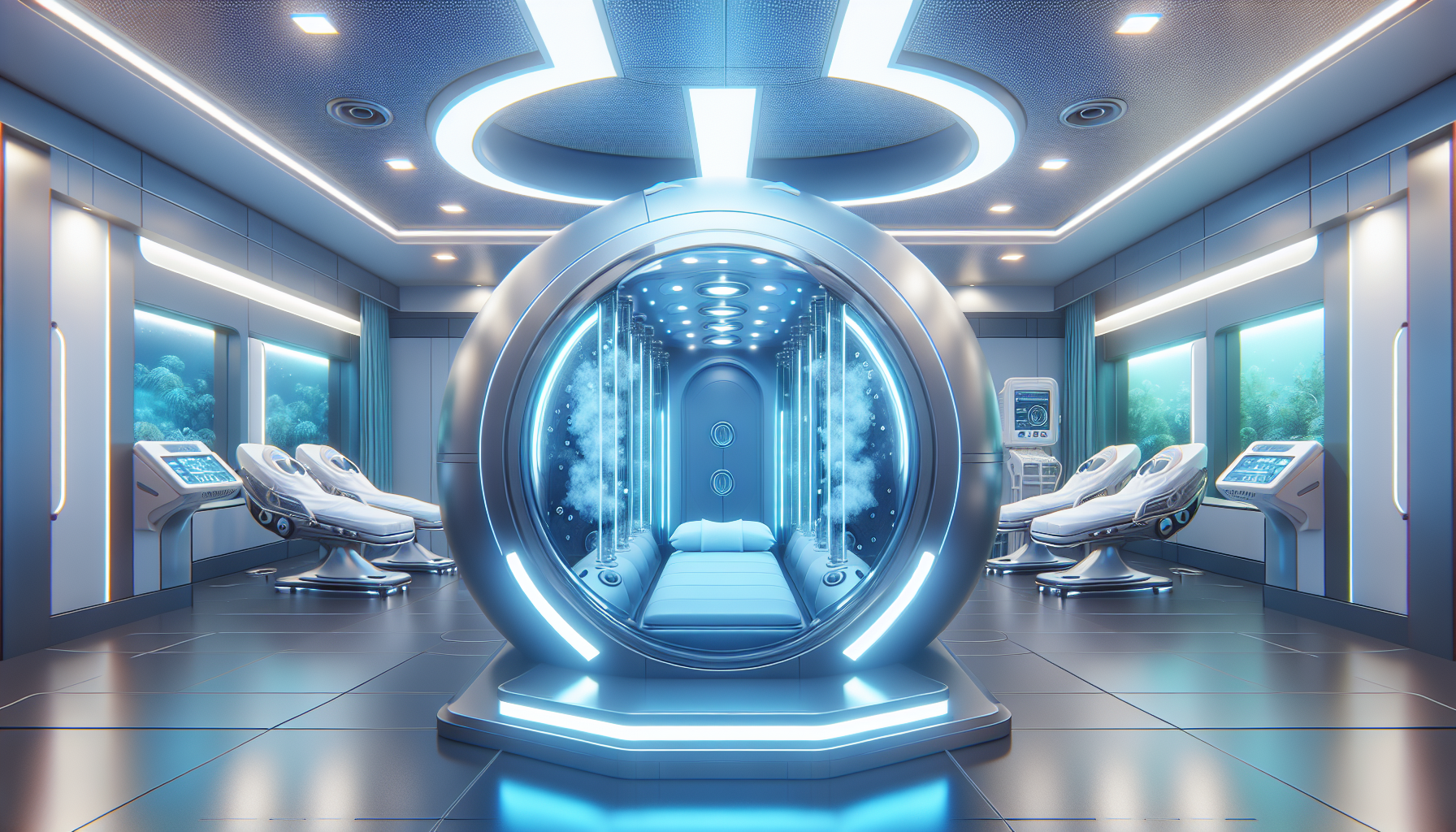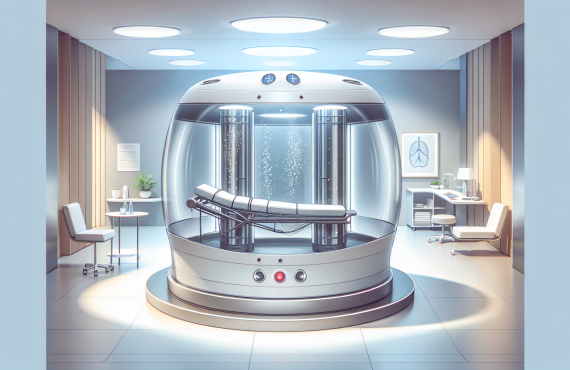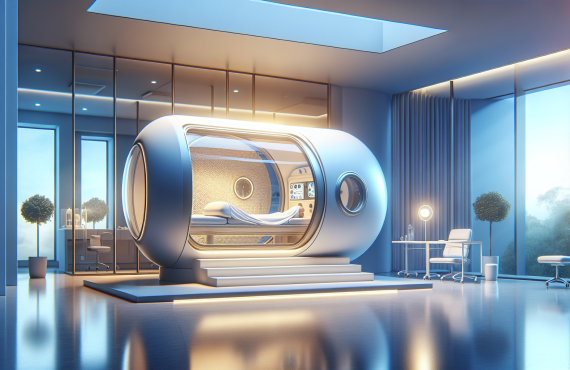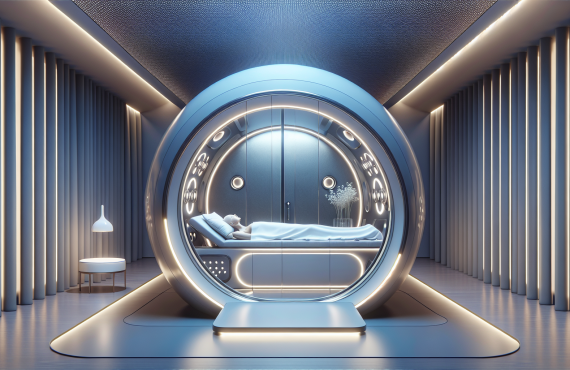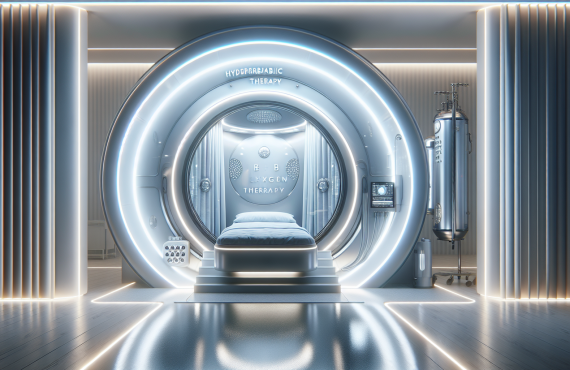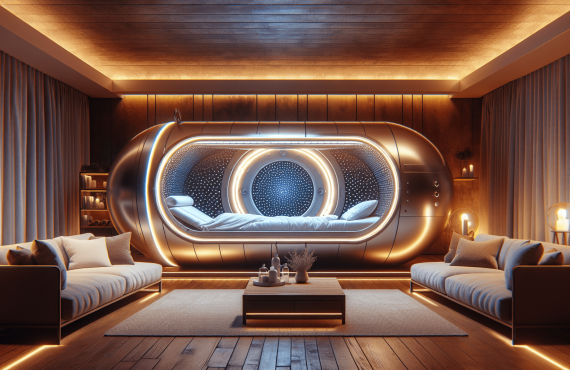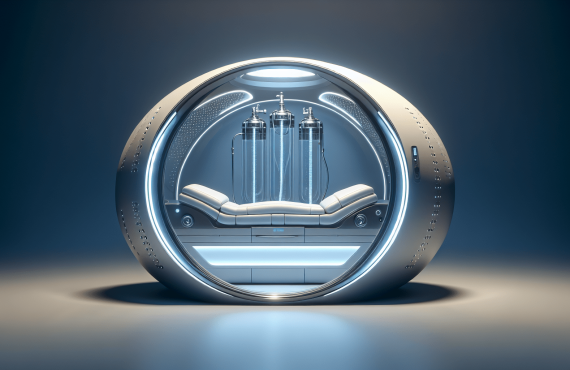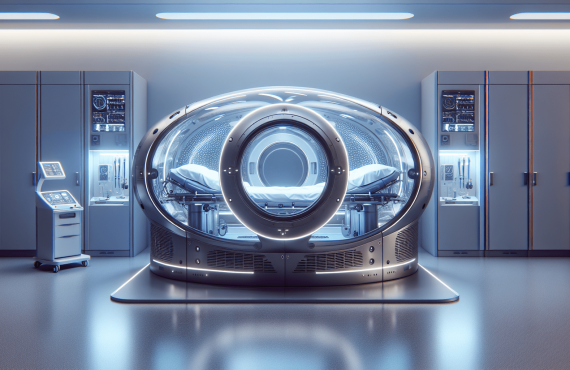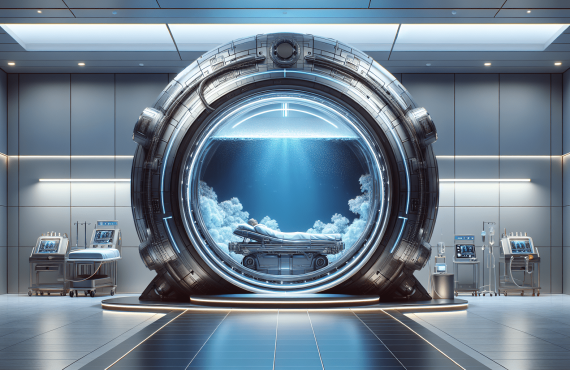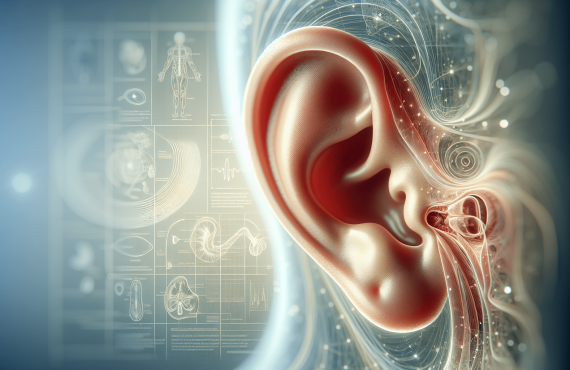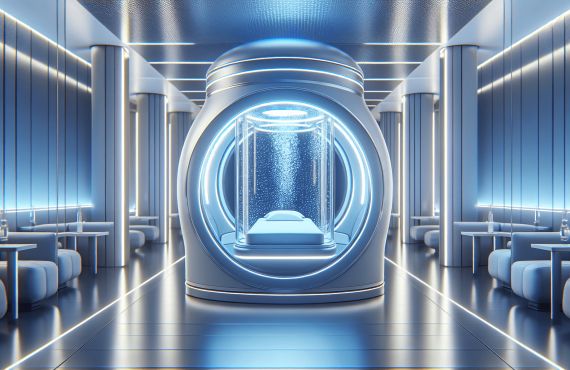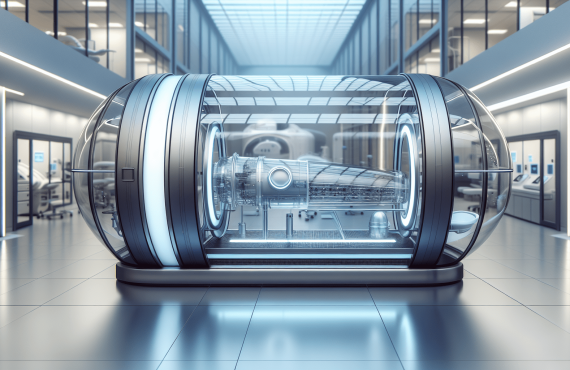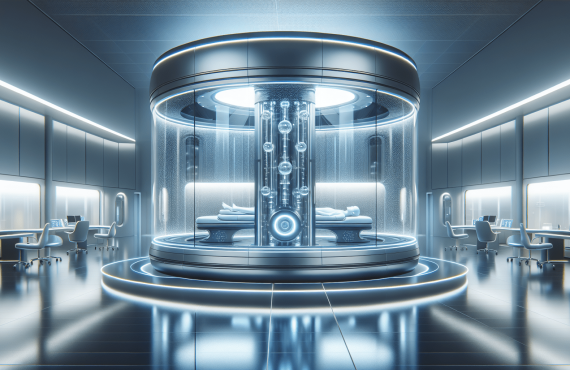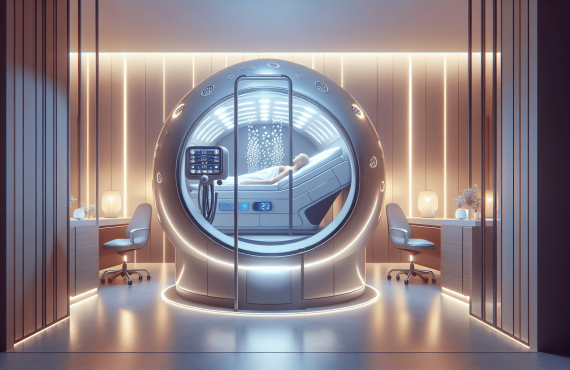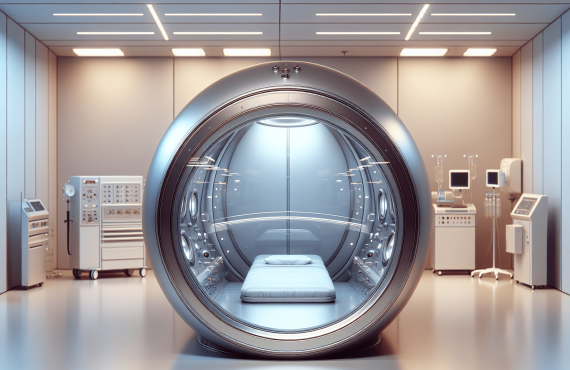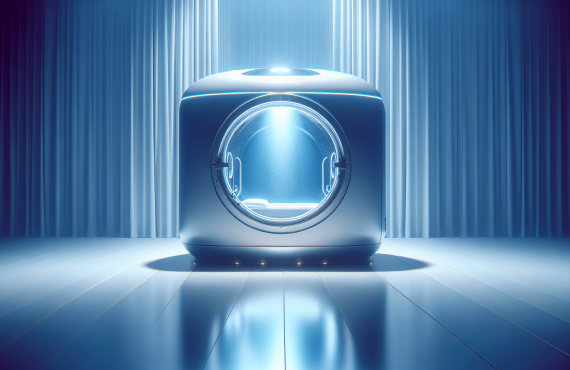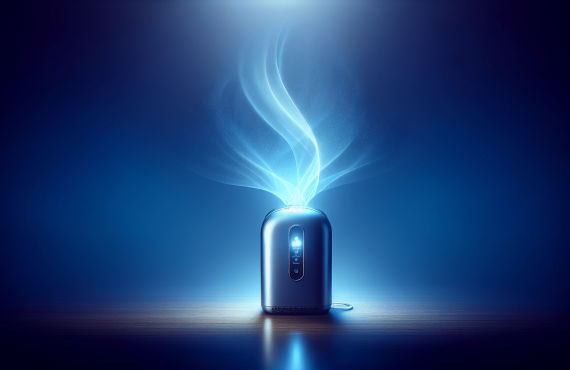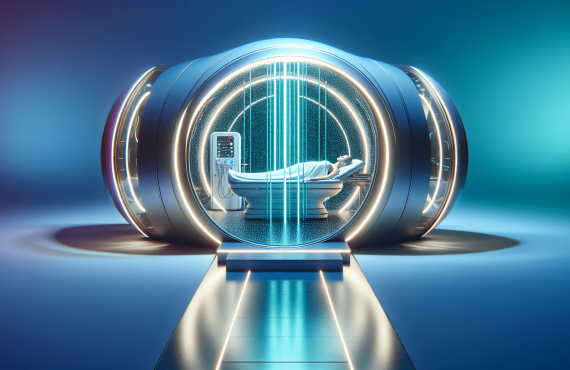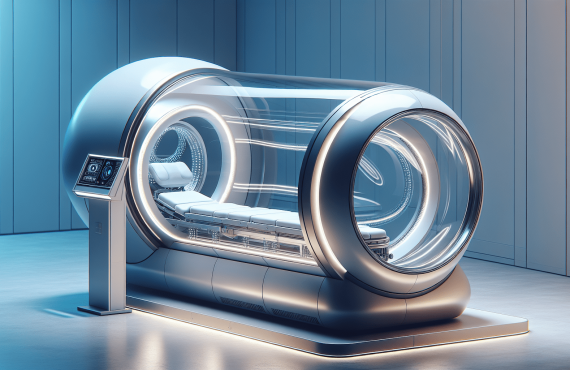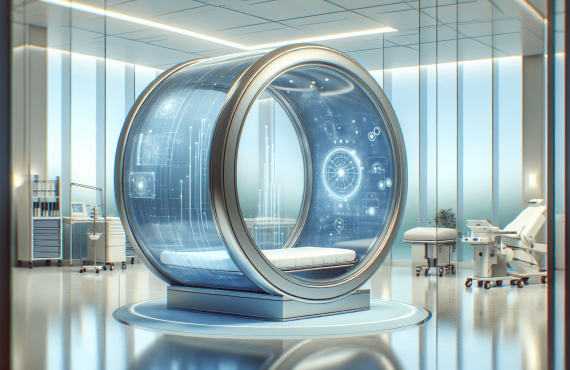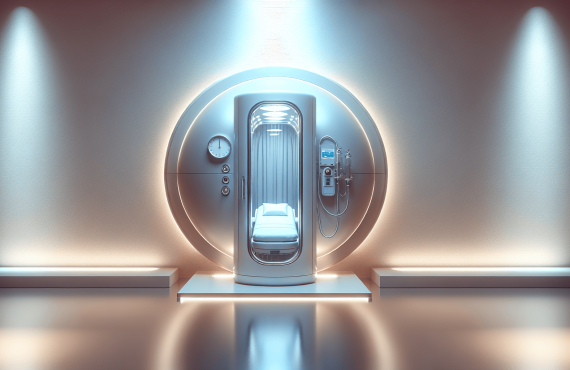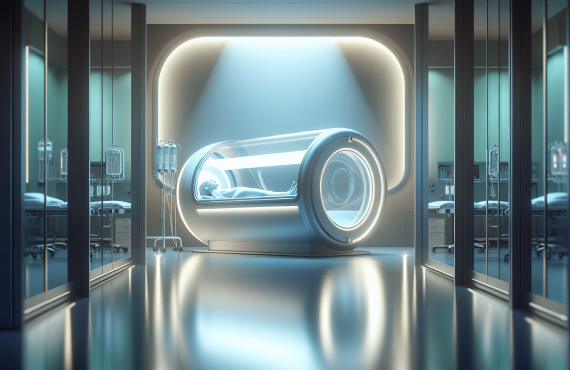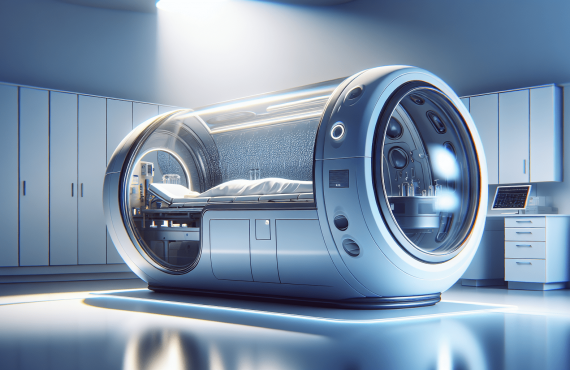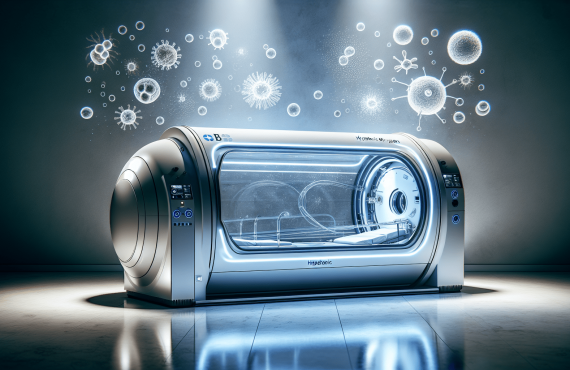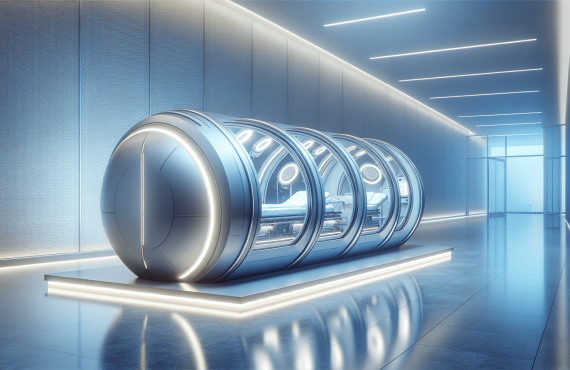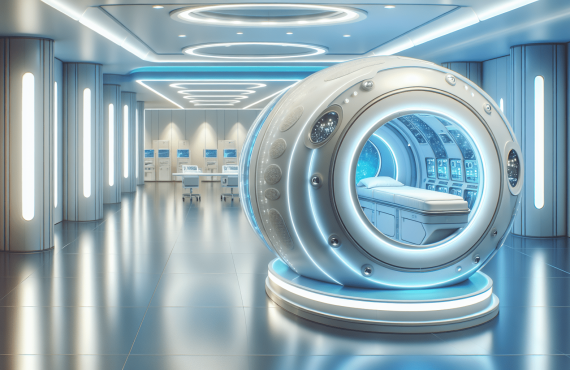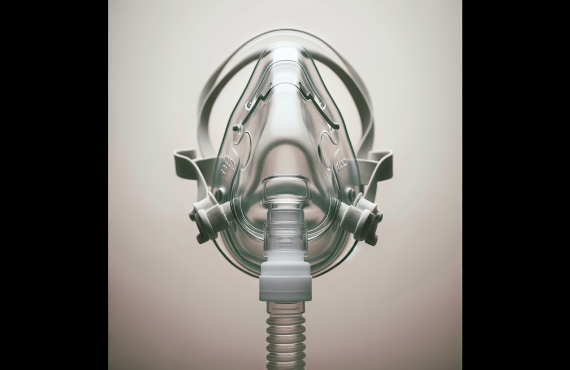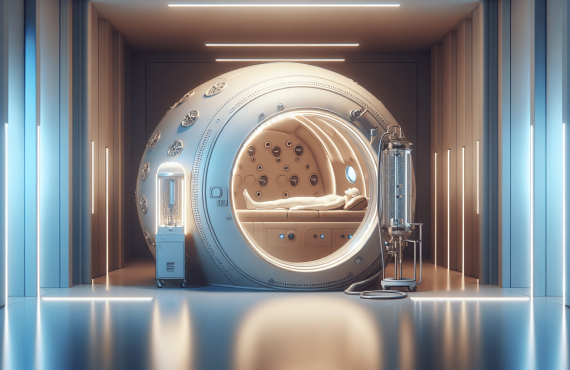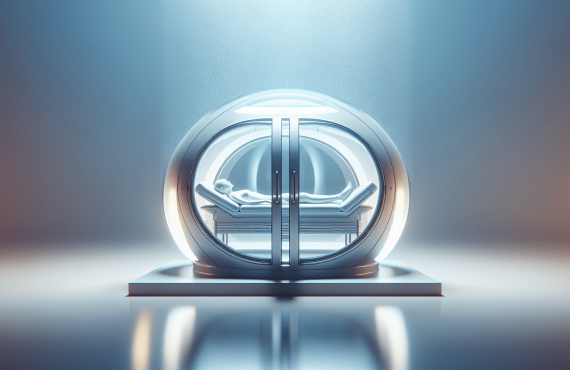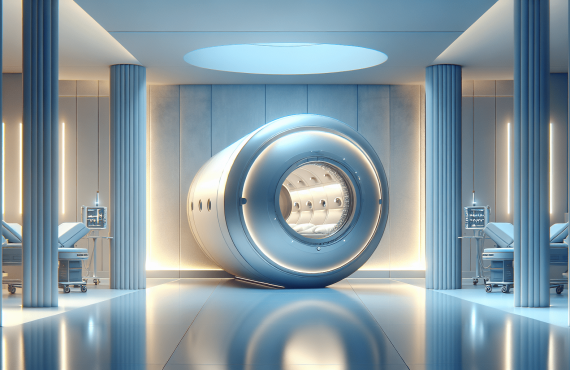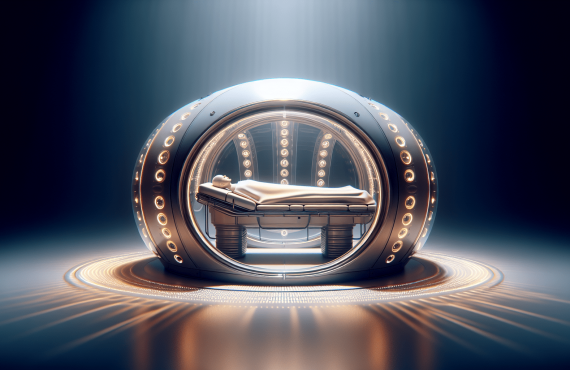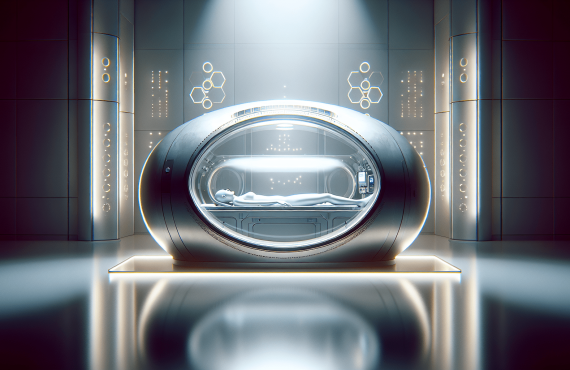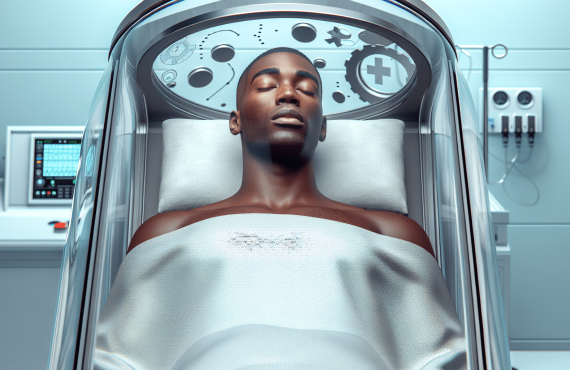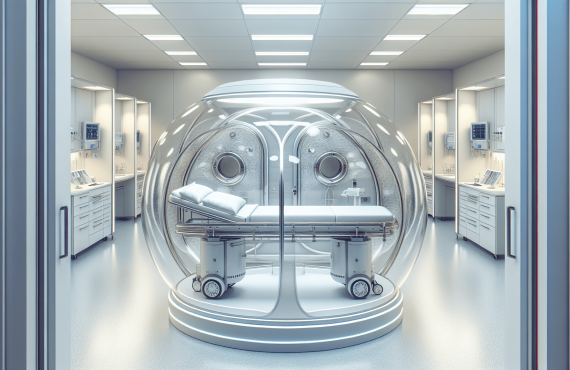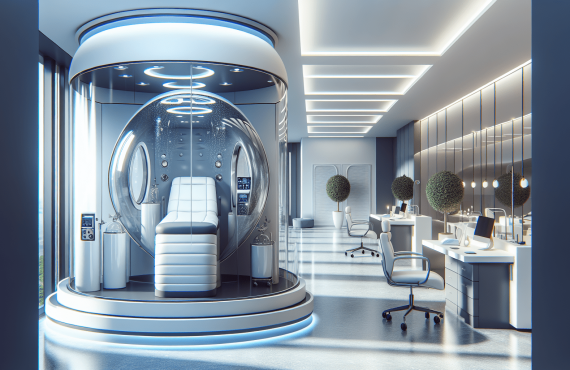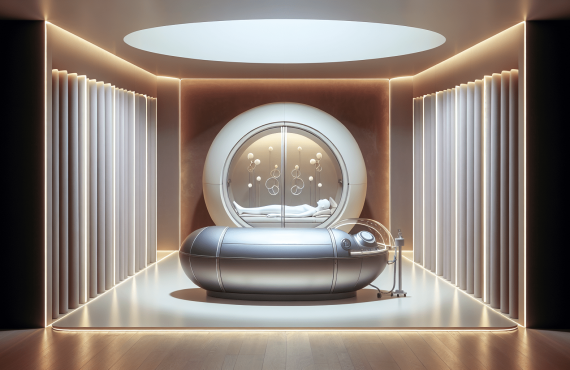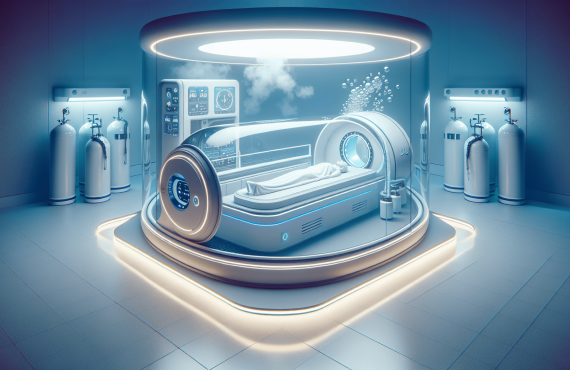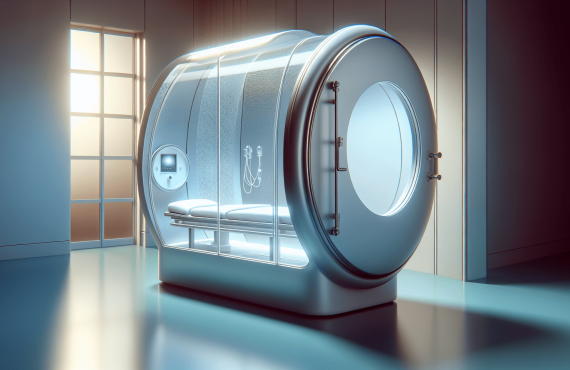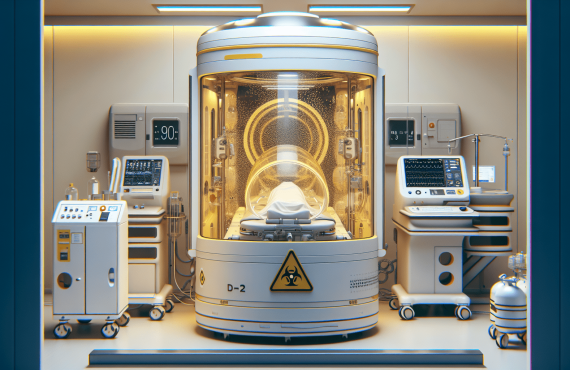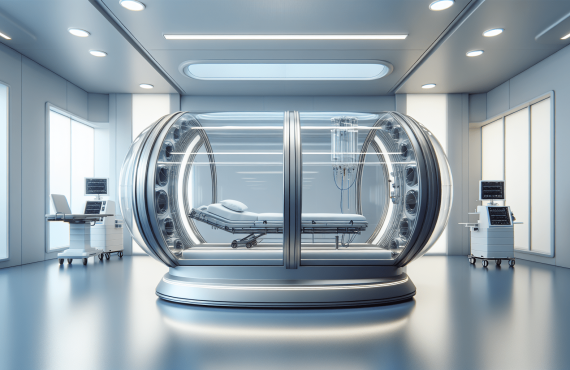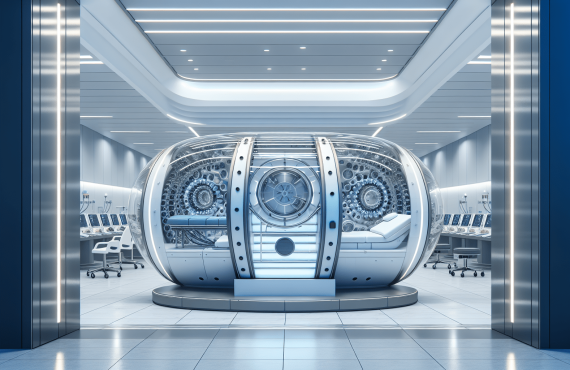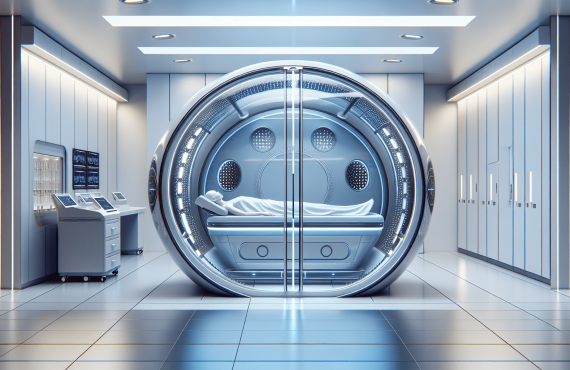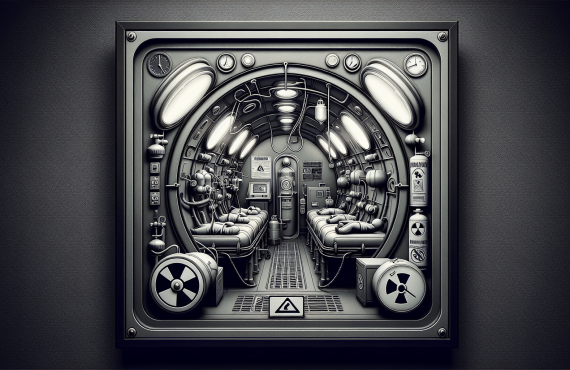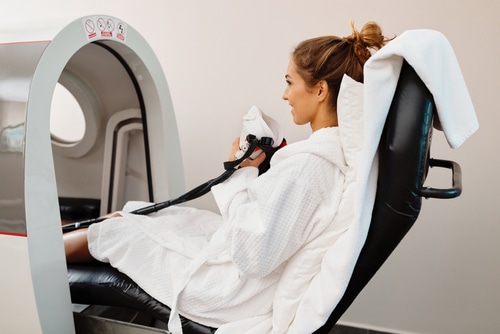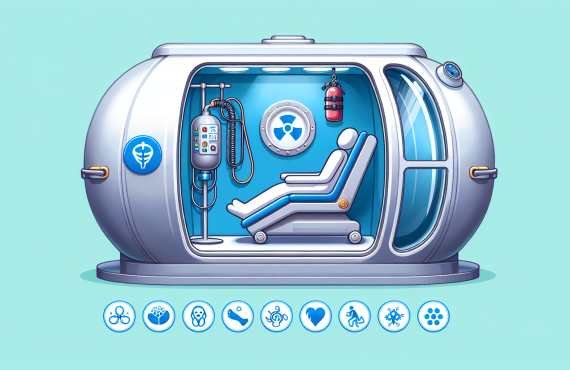Have you ever wondered who might not be a good fit for Hyperbaric Oxygen Therapy (HBOT)? This question often arises for those considering this treatment, and it’s crucial to understand the parameters that determine candidacy for HBOT. Hyperbaric therapy, also known as hyperbaric oxygen therapy, is a unique and specialized medical treatment that involves breathing pure oxygen in a pressurized environment. While it has many benefits, it isn’t suitable for everyone.
Table of Contents
What is Hyperbaric Therapy?
Hyperbaric Therapy, often referred to as hyperbaric oxygen therapy or HBOT, is a medical treatment that utilizes increased levels of oxygen in a pressurized chamber. This therapy aims to enhance the body’s healing capabilities by significantly boosting oxygen concentrations in the blood and tissues. But first, let’s break down what hyperbaric therapy truly involves and how it functions.
Definition
Hyperbaric therapy involves breathing in 100% oxygen at pressures higher than the standard atmospheric pressure. While normally our lungs take in oxygen from the air, the hyperbaric chamber environment dramatically increases the oxygen presence in the bloodstream. This elevation in oxygen facilitates natural healing processes, encourages tissue repair, and boosts immune function.
How It Works
Under normal circumstances, the air we breathe is enough for basic body functions. However, in a hyperbaric chamber, the body receives a surge of oxygen that dissolves into the plasma. This allows the oxygen to reach areas with limited supply under usual conditions. The oxygenation process in the chamber stimulates natural healing processes, promotes angiogenesis (growth of new blood vessels), and aids in reducing inflammation. Essentially, the augmented oxygen flow enhances the body’s intrinsic capability to heal.
Who is Not a Candidate for HBOT?
While the benefits of HBOT are remarkable, the therapy is not universal in its applicability. Certain conditions and situations disqualify candidates from undergoing this treatment. Understanding these limitations is essential to maintaining patient safety and optimizing treatment outcomes.
Pre-existing Conditions
Pre-existing medical conditions play a significant role in determining eligibility for HBOT. Individuals with particular health issues may be advised against undergoing hyperbaric therapy due to potential risks or complications.
Claustrophobia
The HBOT chamber is a confined space, which can induce anxiety or panic in those with claustrophobia. If you experience severe stress or panic in small, enclosed environments, HBOT may not be suitable.
Lung Disorders
If you have certain types of lung disorders, such as chronic obstructive pulmonary disease (COPD) or a collapsed lung, the increased pressure in an HBOT chamber could pose serious risks. People with these conditions should avoid HBOT unless explicitly advised by a medical professional.
Ear Issues
Hyperbaric therapy involves a significant change in pressure, which can affect the ears. If you have a history of ear problems, such as chronic ear infections or a ruptured eardrum, HBOT might exacerbate these conditions.
Untreated Pneumothorax
An untreated pneumothorax, or collapsed lung, is a critical exclusion for HBOT candidates. The pressure changes inside the chamber could worsen this condition immensely.
Upper Respiratory Infections
Respiratory infections can interfere with equalizing pressure between the environment and your body, leading to discomfort or further complications in a pressurized setting. Individuals with such infections should wait until they recover before considering HBOT.
Pacemaker and Implanted Devices
People with certain types of pacemakers or other implanted devices need to be cautious. The increased pressure and oxygen levels could potentially interfere with the functioning of electronic devices inside the body.

Why It’s Important to Assess Eligibility
Understanding candidacy for HBOT is vital to ensure the treatment is safe and effective. Misidentification could lead to serious health risks, and therefore, comprehensive pre-treatment assessments by healthcare professionals are crucial.
Professional Evaluation
A thorough evaluation by a healthcare provider specializing in hyperbaric therapy is required before commencing treatment. They take into account any existing medical conditions, potential risks, and overall suitability for hyperbaric therapy.
Possible Risks and Side Effects
Although HBOT is generally safe, it can present risks and side effects. These may include oxygen toxicity, ear pressure problems, and issues with eyesight. Such potential complications make it imperative to determine who should avoid HBOT.
FAQs About Hyperbaric Oxygen Therapy
To further clarify common inquiries about HBOT, here are some frequently asked questions:
Is HBOT covered by insurance?
Answer: Coverage for HBOT varies by insurance provider and specific policy details. It’s essential to consult with your insurance company to understand what treatments are covered.
How long does a typical HBOT session last?
Answer: A standard HBOT session usually lasts about 60 to 90 minutes, depending on the medical condition being treated and the protocol being followed.
Are there long-term benefits to HBOT?
Answer: Yes, HBOT can offer long-term benefits by enhancing wound healing, reducing inflammation, and promoting angiogenesis. Longitudinal improvements, however, depend on the individual and the specific condition treated.
Can HBOT help with sports injuries?
Answer: HBOT can be beneficial for sports injuries as it aids in reducing inflammation and accelerating tissue repair, potentially speeding up the recovery process.
Is it safe to undergo HBOT multiple times?
Answer: Multiple HBOT sessions are common, particularly for chronic conditions or injuries. The number of sessions will be determined by your healthcare provider based on your condition and response to treatment.

Conclusion
Hyperbaric Oxygen Therapy offers numerous benefits for wound healing and recovery. However, it’s not suitable for everyone. By understanding who is not a candidate for HBOT, individuals can make informed decisions and consult healthcare providers to ensure safety and effectiveness. If you’re considering HBOT, it’s advisable to reach out to professionals like Dr. Craig Henry or Dr. Aaron Hixon at Henry Chiropractic for guidance. They are located at:
Henry Chiropractic
1823 N 9th Ave
Pensacola, FL 32503
(850) 435-7777
Henry Chiropractic Website
Dr. Craig Henry and Dr. Aaron Hixon, with their extensive chiropractic expertise, can assist in evaluating whether hyperbaric therapy is right for you. Both doctors possess a passion for promoting health and wellness in their community, making them a resourceful point of contact for those exploring treatment options. Whether it’s back pain, neck discomfort, or evaluating candidacy for HBOT, they strive to improve patient well-being through professional care and advice.
In conclusion, while the promising effects of HBOT shouldn’t be overlooked, one must recognize the specific circumstances that call for caution. The path to better health involves careful consideration, professional advice, and a present understanding of one’s unique needs—elements that specialists, like those at Henry Chiropractic, adeptly provide.


